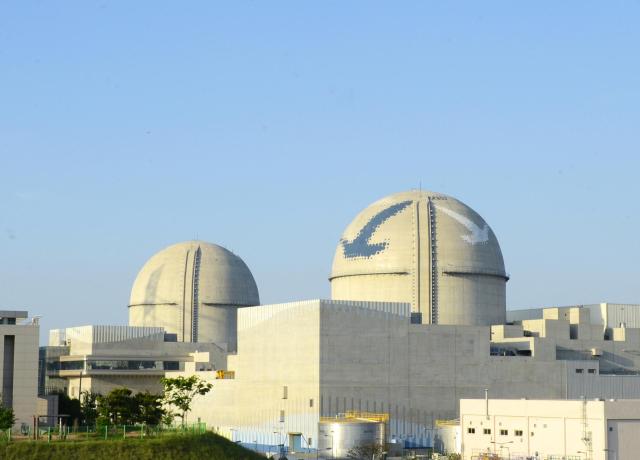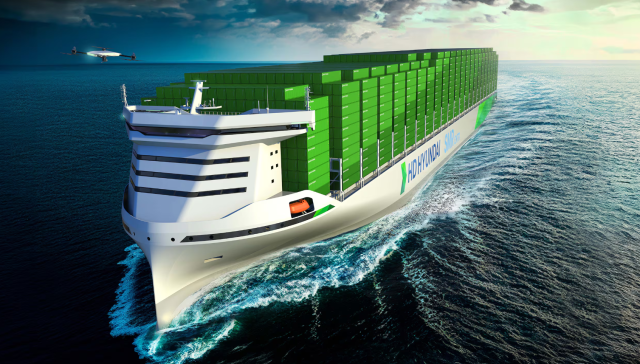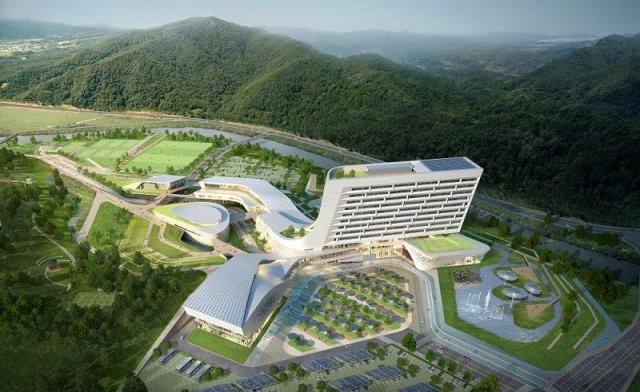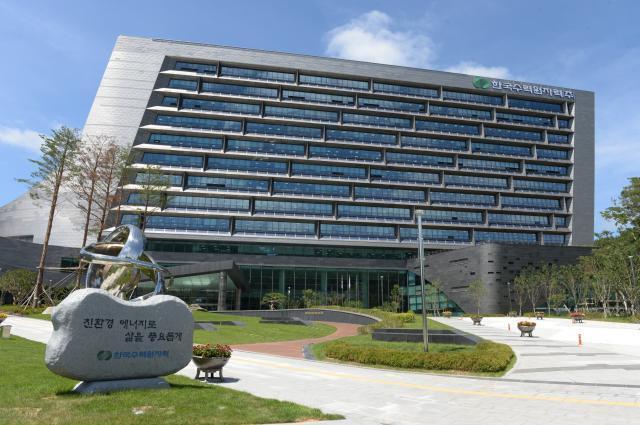
SMRs have emerged as a transformative force in power generation, offering cost-effectiveness and enhanced safety features, with expenses projected to be reduced by up to 33 percent compared with aging coal plants.
According to industry experts, the global SMR market is expected to reach commercialization by 2030.
The small reactors have also become crucial to the artificial intelligence boom, as mass computing requires unprecedented levels of electricity. Major technology firms, including Amazon, have invested in companies such as X-energy to secure their energy needs.
Despite the global momentum, South Korea has struggled to advance beyond its initial plan to deploy a single SMR unit by 2035. The country has yet to select a construction site.
Government agencies have also failed to provide clarity. The Ministry of Science and Technology missed its October 2024 deadline for a next-generation nuclear roadmap, while the Industry Ministry’s 2050 nuclear blueprint remains in limbo amid political turbulence surrounding President Yoon Suk Yeol.
Further complicating matters, South Korea’s proposed K-ARDP program, modeled after the U.S. Advanced Reactor Demonstration Program (ARDP), faces uncertainty due to budget constraints.
While South Korea’s SMR ambitions remain stalled, international counterparts are surging ahead, with roughly 80 designs under development worldwide. The United States leads with 20 designs, followed by Russia with 17 and China with nine.
“SMRs are projected to supply about half of future nuclear power generation,” said Jeong Dong-wook, a professor of energy systems engineering at Chung-Ang University. “As this is an inevitable global technological trend, Korea needs to implement bold support measures, including regulatory reforms.”
Copyright ⓒ Aju Press All rights reserved.





View more comments